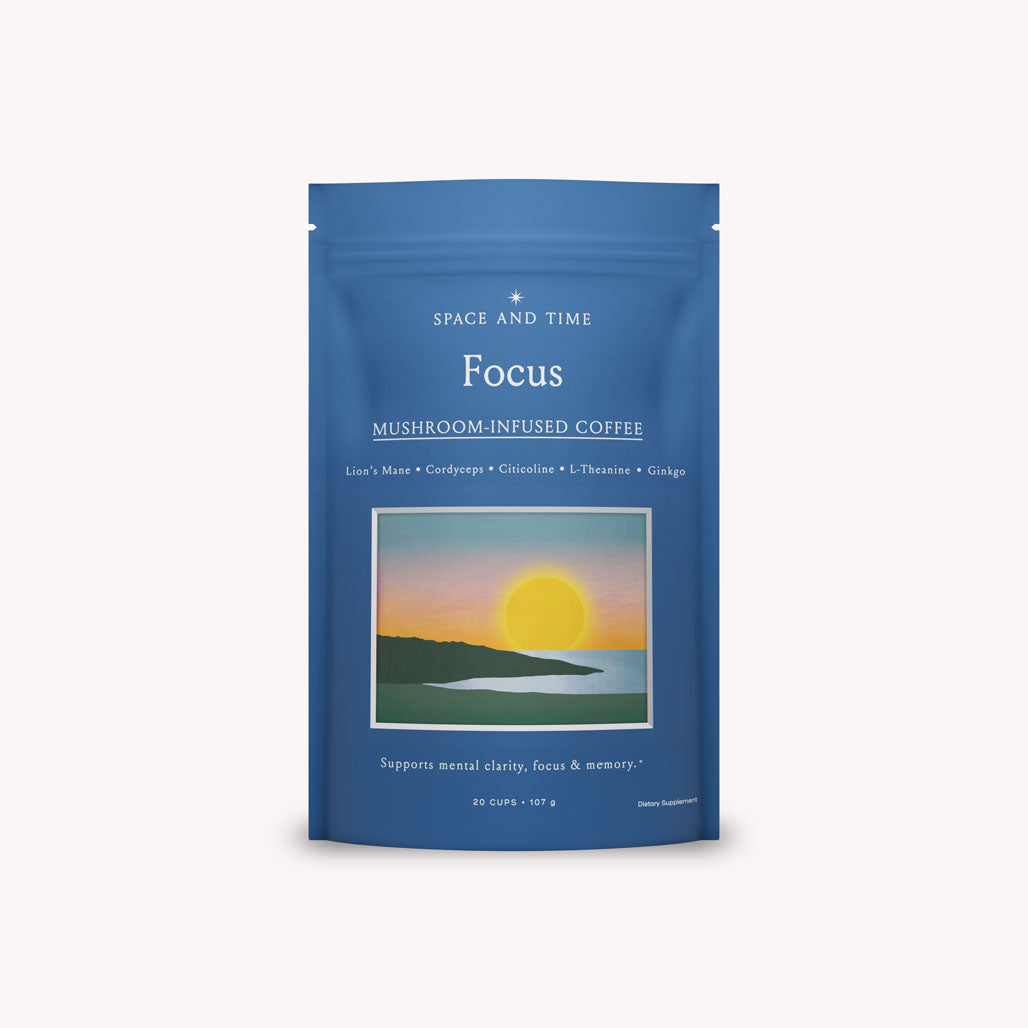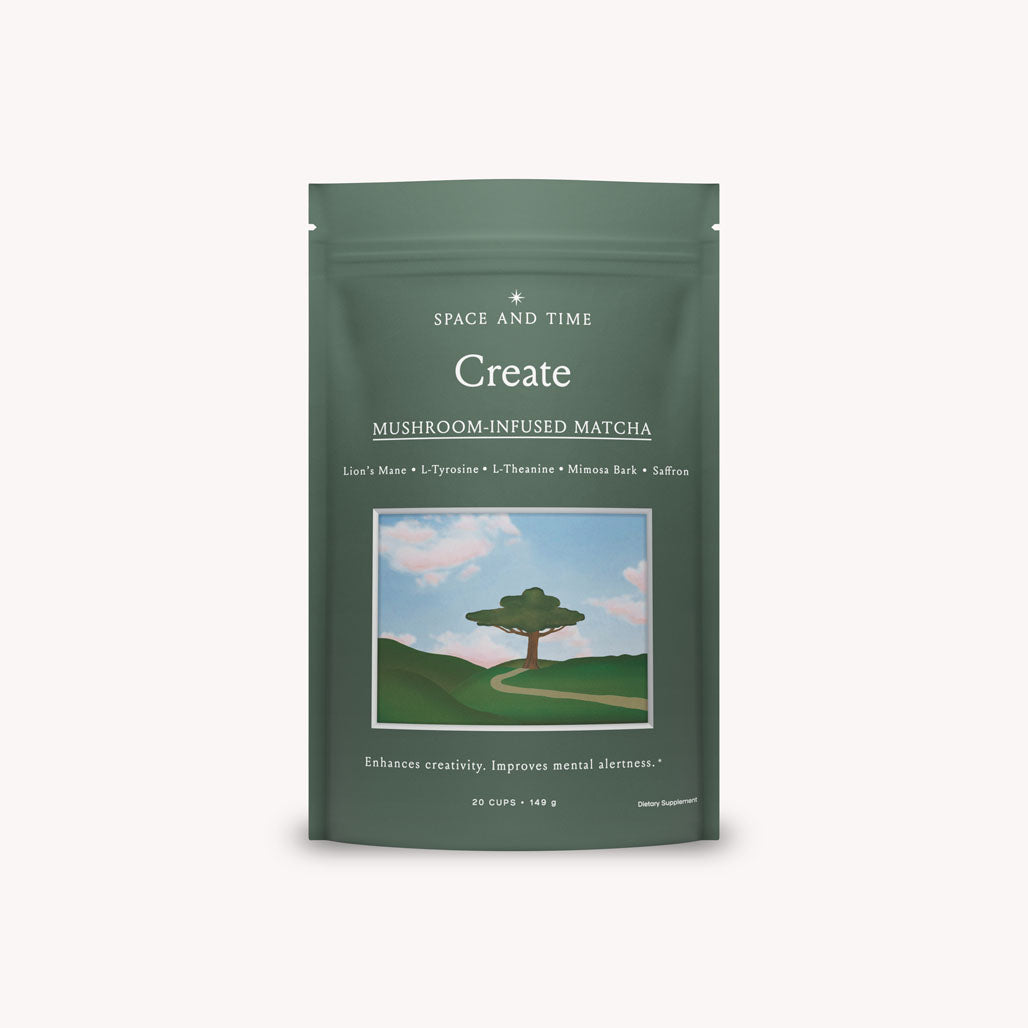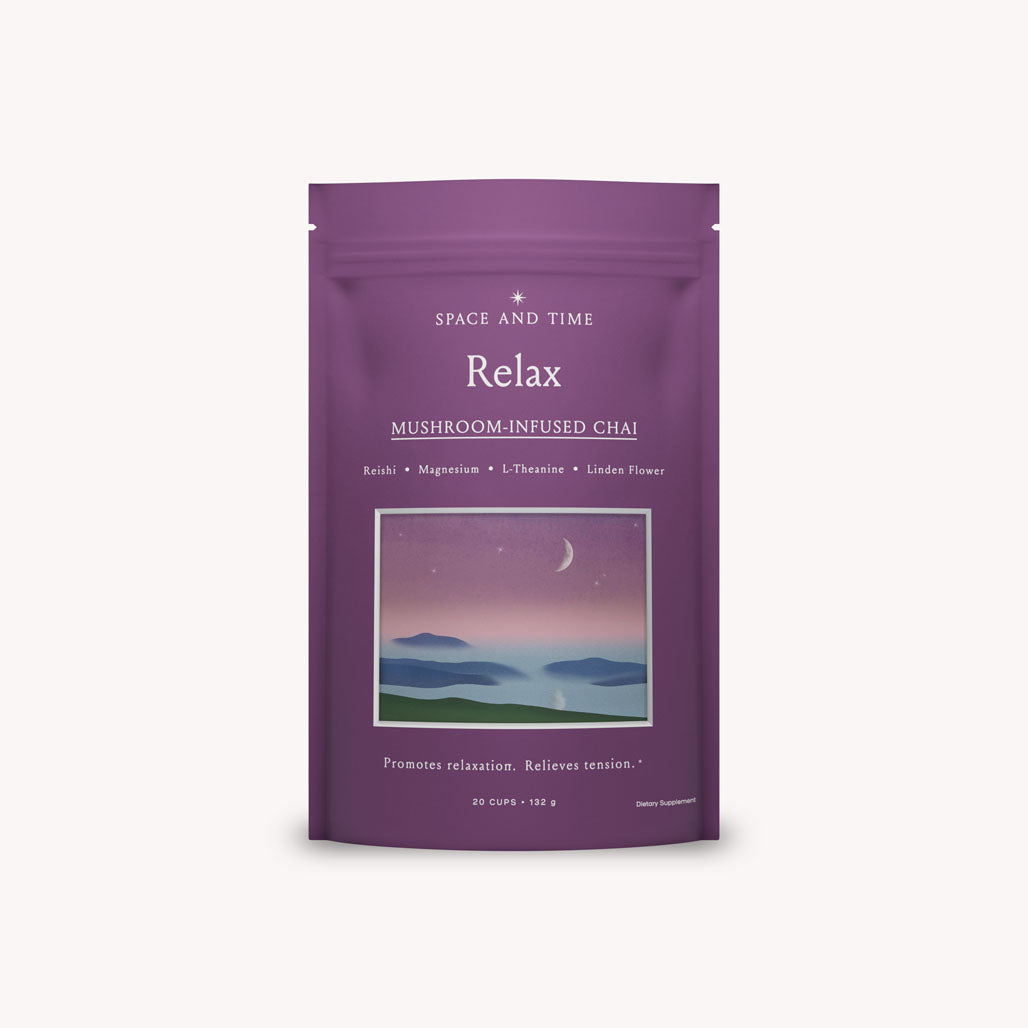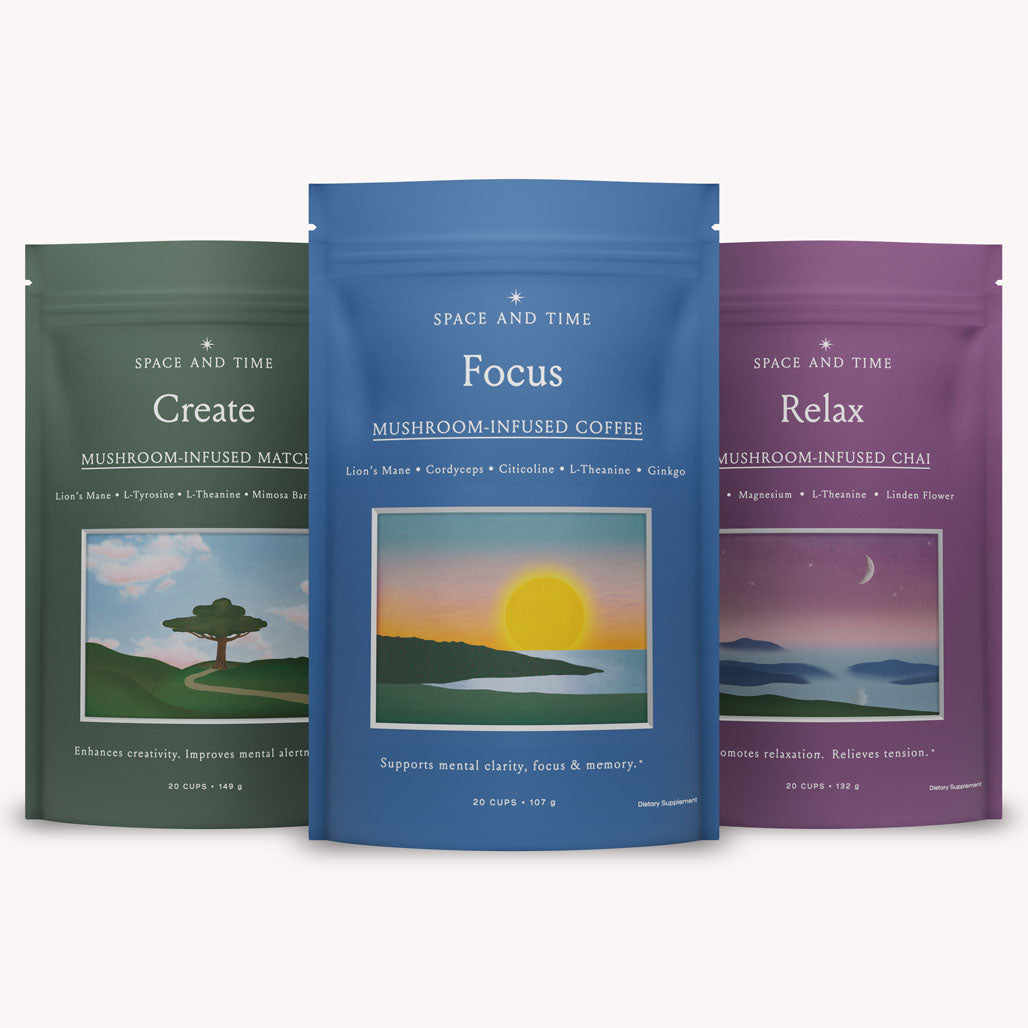

Is Mushroom Coffee Good for Gut Health
Mushroom coffee has gained considerable attention recently, often marketed as a gentler, wellness-friendly alternative to regular coffee. By blending coffee with medicinal mushroom extracts such as lion’s mane, chaga, reishi, cordyceps, and turkey tail, these beverages are touted for potential benefits to gut health. In this article, we explore the scientific evidence behind these claims, reviewing active compounds in mushrooms, their effects on digestive health, and practical considerations for incorporating mushroom coffee into your routine.
What Are the Bioactive Components?
Medicinal mushrooms contain compounds such as polysaccharides (notably beta-glucans), polyphenols, triterpenoids, antioxidants, and other bioactives that may support gut health. Beta-glucans are nondigestible fibers that act as prebiotics, fueling beneficial gut bacteria. They have been shown in human and animal studies to increase short-chain fatty acid (SCFA) production and improve bowel transit. Other components like phenolic compounds and antioxidants can reduce oxidative stress, which may help maintain the integrity of the gut lining.
 Evidence for Gut Health Benefits
Evidence for Gut Health Benefits
Prebiotic and Microbiome Support
Mushrooms’ beta-glucans are fermentable fibers recognized as prebiotics. In vitro and animal studies indicate that these fibers promote beneficial bacteria like Bifidobacterium and Lactobacillus, while producing SCFAs that support gut barrier function and reduce inflammation.
A 2025 review of edible mushroom powders found that beta-glucan–rich mushrooms influenced gut microbiota favorably in lab models. Similarly, lion’s mane supplementation was shown to promote beneficial bacteria and reduce pathogens in mice.
Antioxidant and Anti-Inflammatory Effects
Mushrooms like chaga and reishi are rich in antioxidants and anti-inflammatory compounds. These agents can help protect the gut lining by neutralizing free radicals and calming inflammation. Chronic inflammation in the digestive tract is linked to conditions like IBD and IBS, so these actions may contribute to gut health.
Lion’s mane has particularly strong anti-inflammatory and antioxidant properties. Research in animal models suggests it can reduce hepatic inflammation and alleviate intestinal inflammation in colitis models .
Gut Barrier Integrity and Ulcer Protection
Lion’s mane contains neuroprotective compounds such as hericenones and erinacines, which appear to support the regeneration and maintenance of the gut lining. Studies have also found that lion’s mane extracts inhibit H. pylori growth and are protective against alcohol-induced ulcers in animal models, indicating potential benefits for gut barrier protection.
 What About Evidence from Mushroom Coffee?
What About Evidence from Mushroom Coffee?
Most studies focus on whole mushrooms or extracts—not necessarily powder blended into coffee. One lab-based analysis of cordyceps coffee found it retained measurable beta-glucan content (~2 %), though lower than raw mushrooms. This suggests that mushroom coffee may deliver gut-beneficial compounds, though likely in lower concentrations.
A systematic review on mushroom coffee and wellness notes immune-modulating and anti-inflammatory effects of beta-glucans, but emphasizes limited evidence directly relating to digestive health, particularly in humans. Clinical data proving mushroom coffee’s effects on gut health remain scarce.
 What Do Health Experts Say?
What Do Health Experts Say?
Health authorities such as Cleveland Clinic and Harvard note that mushrooms contain prebiotic fiber and anti-inflammatory compounds, but stress the lack of solid clinical trials for mushroom coffee specifically. They recommend consuming whole-benefit mushrooms and consulting healthcare providers, especially for those with conditions such as IBS, kidney issues, or those on medications.
Experts encourage reliability: choose products with clear labels and testing verification, and treat mushroom coffee as a supplement, not a treatment .
Practical Suggestions
-
Begin with low doses and mild varieties like lion’s mane or reishi to assess digestion response.
-
Pay attention to gut symptoms such as bloating, cramps, or irregularity, and adjust accordingly.
-
Use dual-extracted products with transparent sourcing and third-party testing.
-
Continue eating whole mushrooms like shiitake, oyster, and lion’s mane to support gut health via diverse nutrients and fibers .
-
Consult a healthcare provider if you take medications or have digestive conditions.
 Mushroom coffee offers compelling potential for gut health through its prebiotic fibers, antioxidants, and anti-inflammatory compounds. However, most research focuses on whole mushrooms or extracts, not the blended coffee product itself. Evidence from animal and lab studies is promising, but human clinical trials are limited.
Mushroom coffee offers compelling potential for gut health through its prebiotic fibers, antioxidants, and anti-inflammatory compounds. However, most research focuses on whole mushrooms or extracts, not the blended coffee product itself. Evidence from animal and lab studies is promising, but human clinical trials are limited.
If you enjoy mushroom coffee, it may serve as a gentle complement to a fiber-rich, plant-based diet rather than a primary gut health strategy. Whole mushrooms offer more measurable benefits, and combining both may enrich your overall gut-supportive routine. Should you have sensitivities, medical conditions, or medications involved, consulting your doctor is always wise.
Future research may clarify mushroom coffee’s precise benefits. Meanwhile, incorporating it mindfully, alongside balanced nutrition and good gut habits can be a thoughtful, wellness-minded choice.







